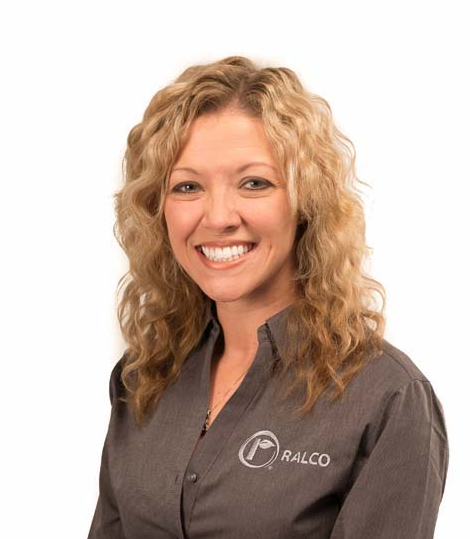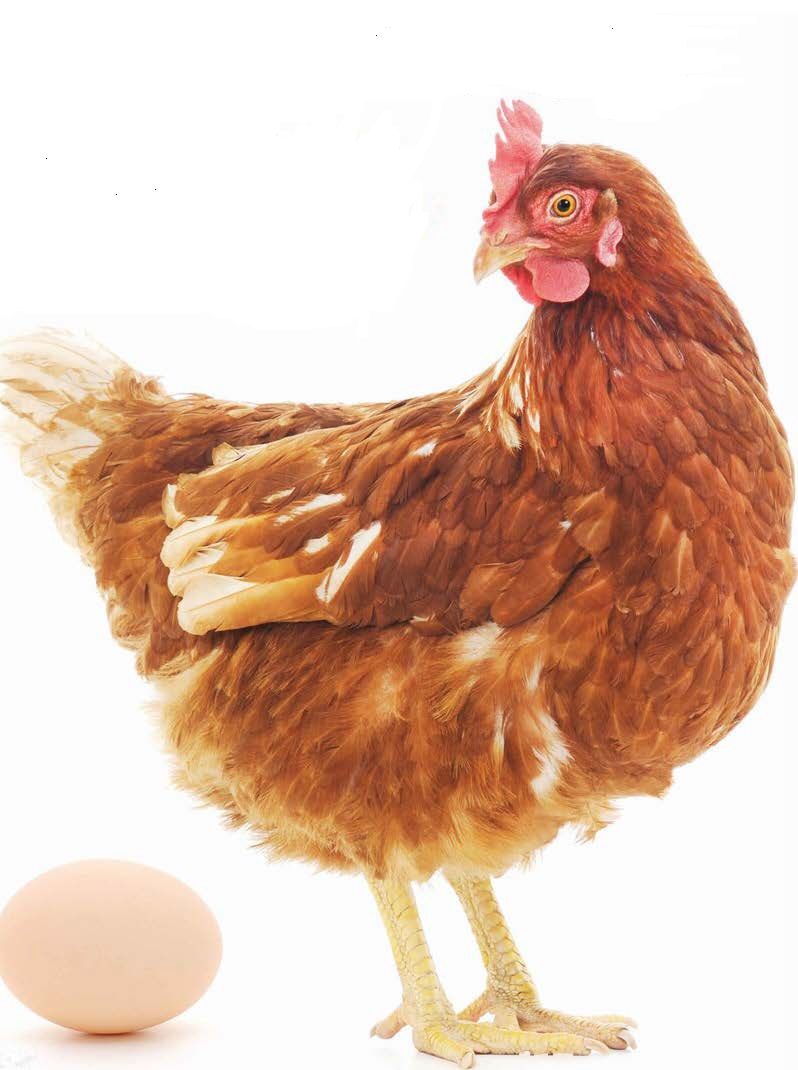Catching the bird flu!
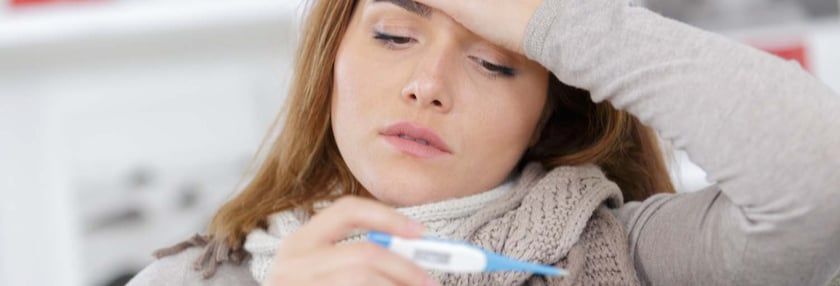

Diseases can pass from your flock to you—here's how to be safe
People don’t often think about this, but you can get sick from your pet chickens—yes, there are diseases that can spread from birds to humans. Infectious diseases transmitted from your birds or other animals to humans are called “zoonotic diseases.”
It is very important that bird owners recognize the signs of illness in own birds, understand how to reduce the risk of disease in their flocks, understand how to reduce the risk of disease transmission to humans, and what to do if transmission does occur.
It is important note: Disease transmission can occur to people in seemingly healthy birds.
Diseases and symptoms
The most well-known zoonotic disease transmitted from poultry is Salmonella. It can be spread directly from the feces of the bird and into the mouth of humans, from kissing the bird with contaminated feathers, or handling the birds and touching hand or face, or drinking from a bottle of water in a coop that feces was kicked up on to, for example.
This is called a fecal-oral route. It can also be transmitted via eggs that are improperly handled.
Some diseases are spread indirectly. Examples of indirect transmission can be from shoes, clothing, equipment, and vehicles. “Aerosol spread” means through droplets in the air.
There are many other zoonotic diseases that can be spread from backyard poultry including mycobacteria, influenza, Newcastle disease, West Nile virus, campylobacter, listeria, and many others.
he table below includes examples of zoonotic diseases, the type of disease agent, symptoms in your birds to watch for, symptoms to watch for in people, and how they are spread to people from birds.
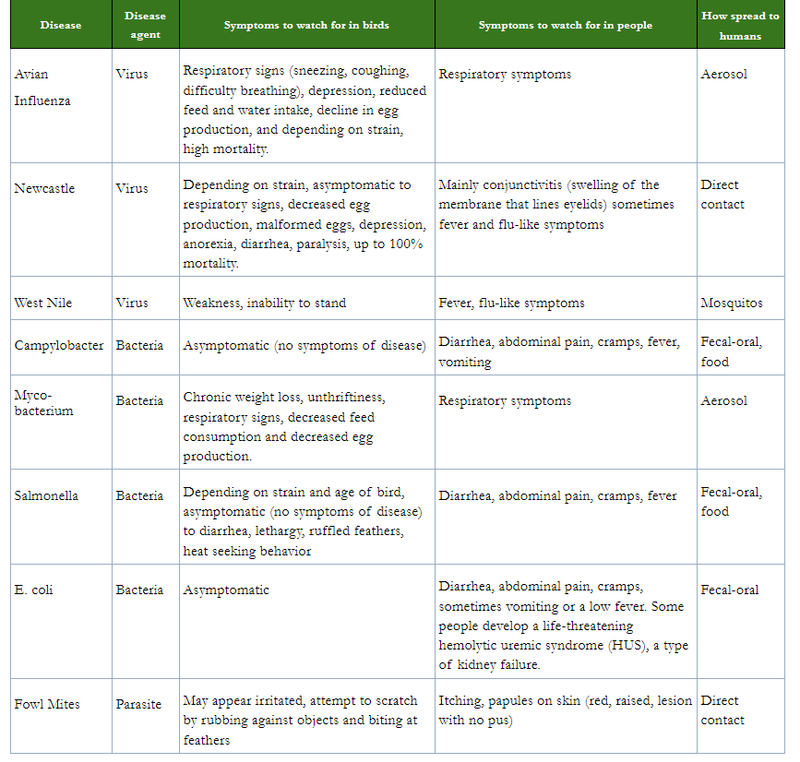
What should I do if I suspect a zoonotic disease event has occurred?
Contact your veterinarian. Many zoonotic diseases are reportable to authorities and may require medical attention for you and your family.
Your veterinarian can work with you to determine next steps for you, your family, and your flock.
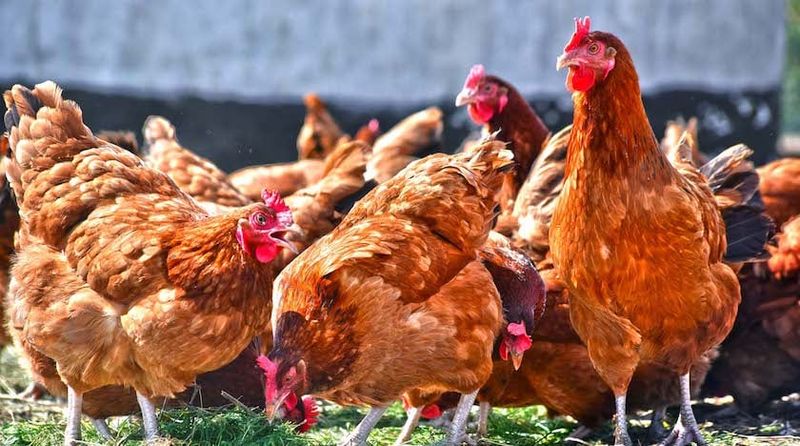
How can I prevent disease spread?
It is imperative that flock owners understand how flock husbandry and biosecurity can reduce the risk of disease. Learn to how recognize signs of disease, control the spread, and take simple personal protective measures to prevent disease transmission from their flocks to humans.
Husbandry:
Establishing appropriate housing ensures birds are comfortable, not overcrowded, and prevents stress that can allow disease agents to take hold and quickly spread through a flock. Adequate and appropriate nutrition prevents nutritional deficiencies that can predispose your flock to disease.
Providing multiple sources of clean and fresh water is another important step to support health and prevent stress in the flock.
Quarantine sick birds from the rest of the flock to prevent or slow disease transmission. Contact your veterinarian and discuss disease symptoms—DVMs can help determine potential sources of disease and steps to take in treating sick birds, and preventing further spread.
Quarantine is important because many diseases have a two-week incubation period (time before the birds show obvious signs of disease).
Do your research and only purchase birds from disease-free sources that have a good reputation. Avoid transferring adult birds from other flocks.
It is always good practice to quarantine new chicks or adult birds for a minimum of two weeks (four weeks is better!) in a separate house to monitor for any signs of disease before introduction into your new flock.
Incorporating veterinary exams for new birds into your husbandry practices is another step to reduce the risk of introducing disease into your flock.
Ideally, during this quarantine period, birds would have a veterinary physical exam, a fecal exam to look for parasite eggs, and possibly blood work.
Hygiene:
Practicing good hygiene and using personal protective measures is essential. ALWAYS wash hands with warm water and disinfecting soap after handling your birds or cleaning their housing, feeders, waterers, etc. Avoid eating or drinking around your flock.
Personal protective wear can include gloves, as well as footwear and clothing dedicated to bird handling (reducing the likelihood of bringing contaminated feces or soil into the house). You might also consider wearing a mask to protect your airways, especially when cleaning the coup.
It is important—and the CDC (Centers for Disease Control) recommends—that children under the age of 5 and immunocompromised individuals have no contact with poultry because they are especially susceptible to the diseases that birds can carry.
Chicks are adorable! And flock owners adore their birds, but to avoid disease, it is very important to avoid kissing your birds or snuggling them near your face. This is especially important for children.
Health programs:
Discuss a flock health program with your veterinarian to prevent disease, including yearly flock evaluations and an appropriate vaccination program—these will be based on diseases present in your geographic region along with any diseases previously diagnosed in the flock.
As previously mentioned, evaluating new birds before introducing them to the flock is important to the health of the flock and an integral part of small flock biosecurity programs.
Biosecurity:
Biosecurity is an important part of your small flock health management program.
Breaking down the word, “bio” = life and “security” = protect, biosecurity programs are steps you can take to prevent contact between infectious agents that cause disease and the birds in your flock.
To protect your flock from diseases, work with your veterinarian to develop or evaluate your existing flock biosecurity program.
This can include measures to prevent contact between your birds and insects, rodents, or wild birds that can carry disease, routine cleaning and disinfection, preventing the spread of disease by avoiding shared equipment between flocks, and frequent sanitization of your flock equipment.
If possible, prevent visitors, especially those who have their own flocks or contact with other birds. If unavoidable, steps can be taken to reduce risk, such as visitors changing footwear and washing and sanitizing hands before contact with birds.
If you do not understand why your veterinarian or the USDA recommends certain practices, ask your veterinarian to explain the rationale behind each recommendation. Understanding “why” will not only encourage you to follow through, but also might lead to more ideas on how you can protect your flock and your family from disease.
As a reminder, also read and follow current recommendations for best egg handling practices through your state health department or CDC resources.
Our birds are a very important part of our lives and taking simple steps to monitor and protect their health can also protect your health and the health of your family.
Tags:Poultry Advancements

Chicken Whisperer is part of the Catalyst Communications Network publication family.


